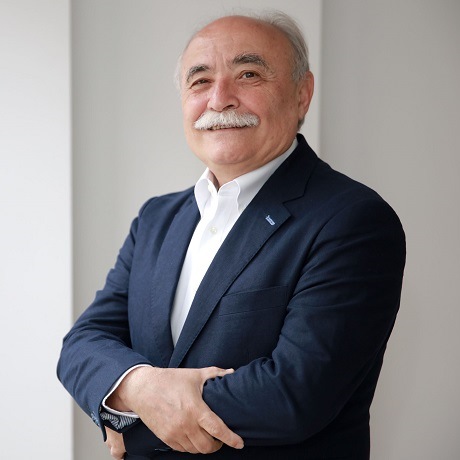
22/05/2019
The modern-age disease from the perspective of an expert
Complementing More Formal Mentoring
Prof. Dr Djordjija Petkoski
lecturer and senior associate at the Wharton Business School at the University of Pennsylvania and a consultant and adviser to the World Bank
Complementing More Formal Mentoring
Mentoring has proven to be instrumental in dealing with more complex and often less structured personal and professional challenges and opportunities. Although the “mentoring theory” is reasonably well structured, still the very fact that there are many different mentoring approaches demonstrates the challenge of which approach is most productive in handling a specific situation.
My personal experience is that one of the very first steps in embarking on the “mentoring journey” is to get a better understanding of the actual challenge that needs to be addressed, and what form of the “mentoring tool kit” is most relevant for the given situation. By the way, when I started my professional career, including studying at the School of Electrical Engineering in Belgrade, I had no idea what mentoring was all about. I was primarily learning by doing. Much later in my carrier, I started to recognize some more formal patterns of why and how I had benefited so much from my “mentors”. Here are some reflections on the lessons that I have learned.
The main benefits from mentoring come when addressing more complex and less structured issues, for which personal and professional experiences provide critical new insights that can’t be easily gained from more formal education or theory.
If the issues are really so complex and less structured, then more formal mentoring needs to be complemented by less structured learning processes and interactions with a broader range of people with diverse experience.
Your Parents: One of the most difficult things is learning from your parents. When in high school, I read the paragraph in Balzac’s Le Père Goriot, where the dying old and very rich person was complaining that the only thing he couldn’t leave to his son - his life experience - was far more important than his wealth. I didn’t fully realized the depthless of this message. (Of course, I don’t recall the exact wording of the paragraph). Only after my parents passed away, I fully realized how much I learned from them, through an absolutely unstructured process, and how much more I was able to learn if I was more aware of the opportunities.
School of Electrical Engineering, Belgrade: My first formal mentor was Prof. Miodrag Rakic, who guided me through my master and doctoral studies. He consulted me on how to deal with the painful and challenging process of immoral resistance of one of the professors not to become the youngest doctor in the history of the School of Electrical Engineering. This guide was far more important than his advice on the academic aspects of my Ph.D. thesis. This nicely complemented the support from Prof. Ljubomir Gruic in achieving excellence in the scientific aspect of the Ph.D. thesis and publishing papers in leading international journals.
MIT, Cambridge (Boston): Prof. Michael Athans, the head of Laboratory for Information and Decision Systems, who guided and supported me in my global scientific and academic journey. He trusted me when he asked me to present our join paper on robustness of complex, dynamic economic systems, at Princeton University. Extremely tough audience and my very first presentation of an academic paper in English. For the record, I haven’t had any formal education in English. I guess, I survived because the quality of the paper by far outweighed the misery of my English. Prof. Alex Levis provided critical guidelines for the next ten years on how to get and implement international research projects on the challenges of implementing theory in practice.
Harvard, Cambridge (Boston): Prof. Ray Goldberg, who helped me appreciate the importance, challenges, and opportunities of impactful implementation of cutting-edge theory in addressing important issues, such as the global food system that affects the life of billions of people, in the most existential way.
World Bank, Washington DC: Jim Wolfensohn, the President of the World Bank – Of course, you don’t get the President to be your mentor. However, the unique opportunities that he and his wife Elaine gave me to work on numerous initiatives related to their interest and passion, fundamentally shaped my understanding of the importance of international development and of working for and with less fortunate people, particularly young people.
The rest is kind of history. I learned a lot from these people – far more from their human side than the professional one. They never expected from me anything in return. “What is in for me” was not part of the equation. Simply, they were highly professional but at the same time humble and primarily good people. I have never had the chance to “return the favor” to them. Through my work at the World Bank and Wharton, I hope I have been “paying forward” by effectively touching the life of many young people globally. And I have been learning a lot.

AUTHOR
Prof. Dr Djordjija Petkoski
lecturer and senior associate at the Wharton Business School at the University of Pennsylvania and a consultant and adviser to the World Bank